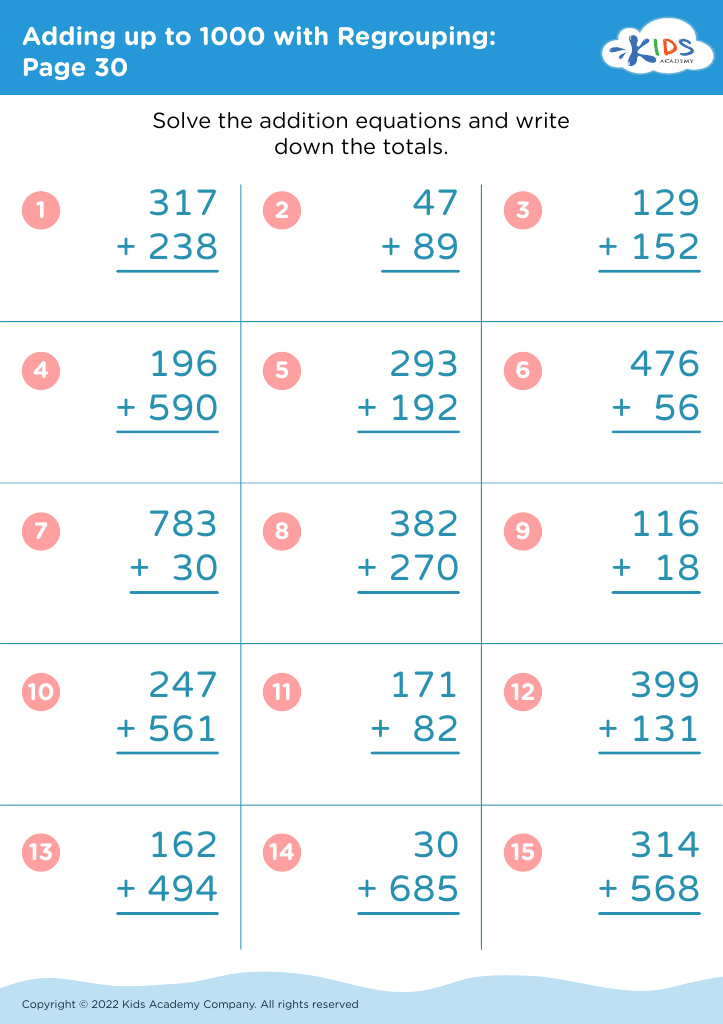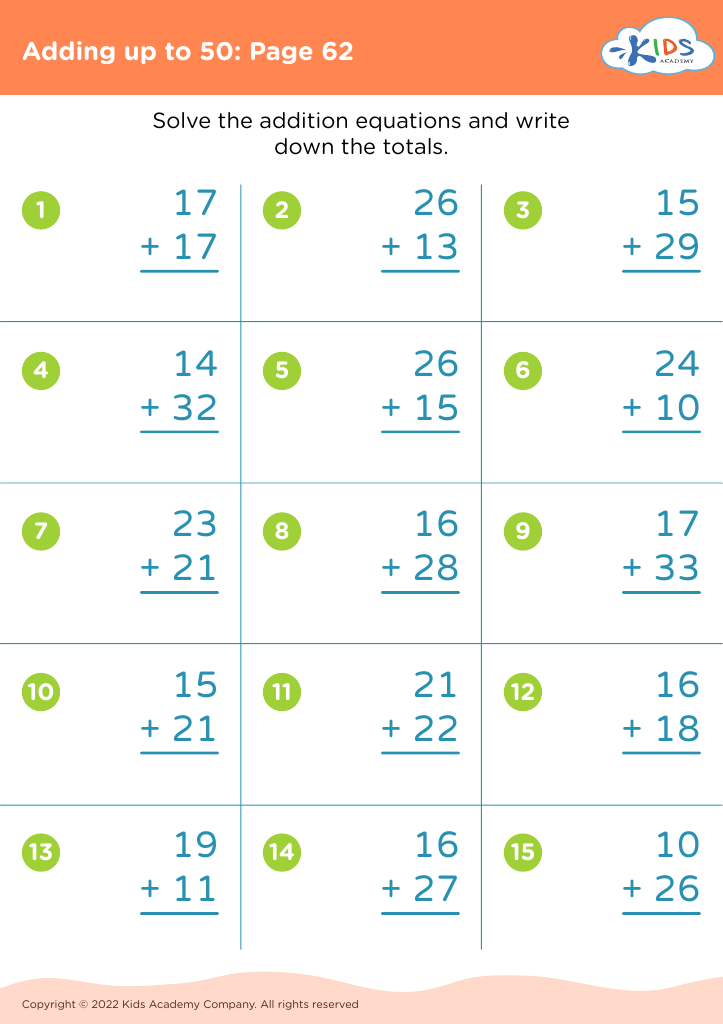Vocabulary enhancement Math Worksheets for Ages 6-7 - Page 2
37 filtered results
-
From - To
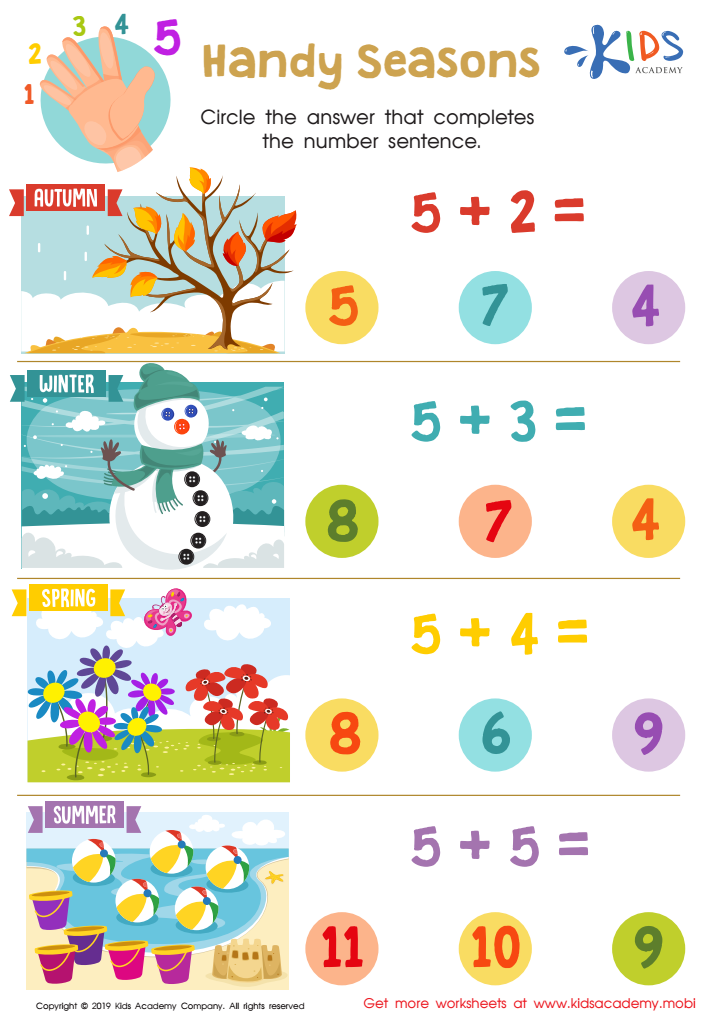

Handy Seasons Worksheet
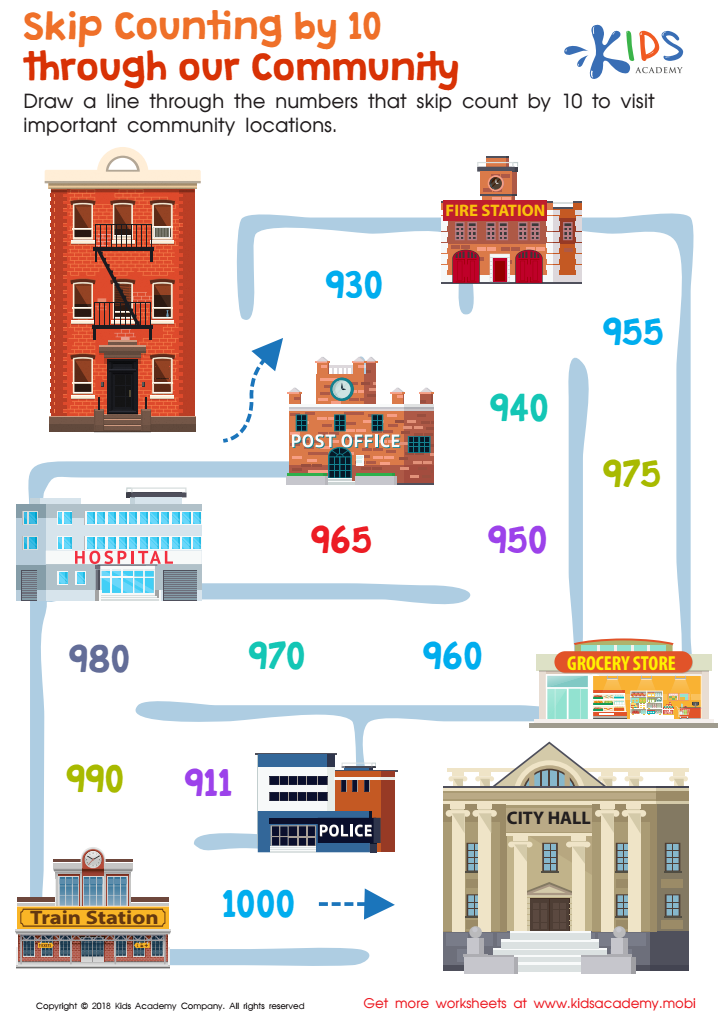

Skip Counting by 10 Through Our Community Worksheet
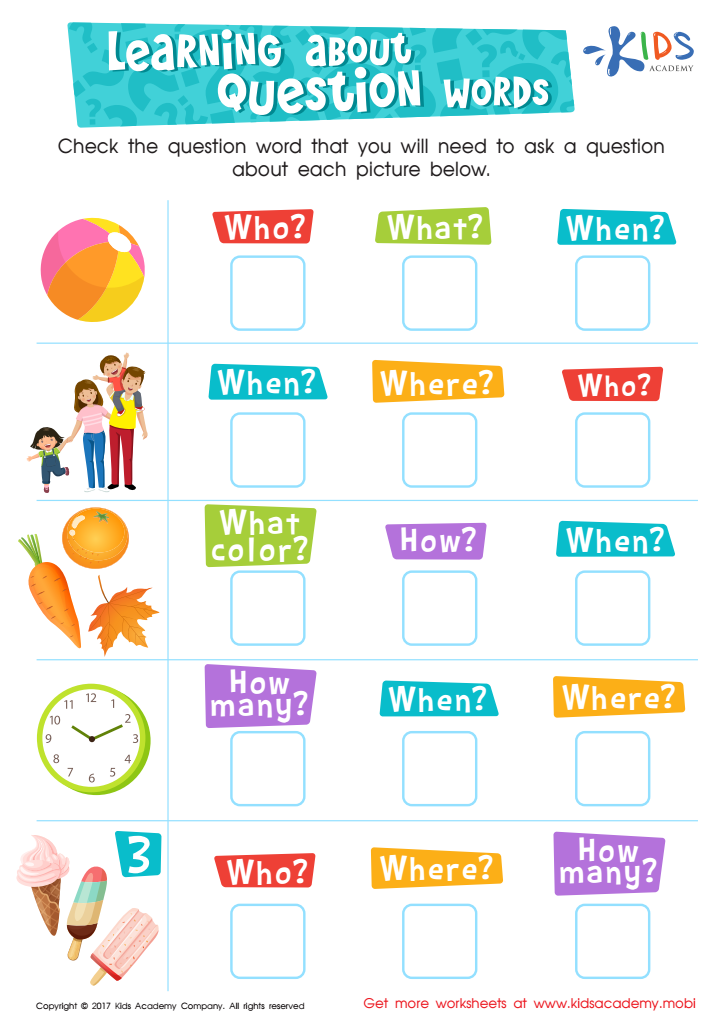

Learning about Question Words Worksheet
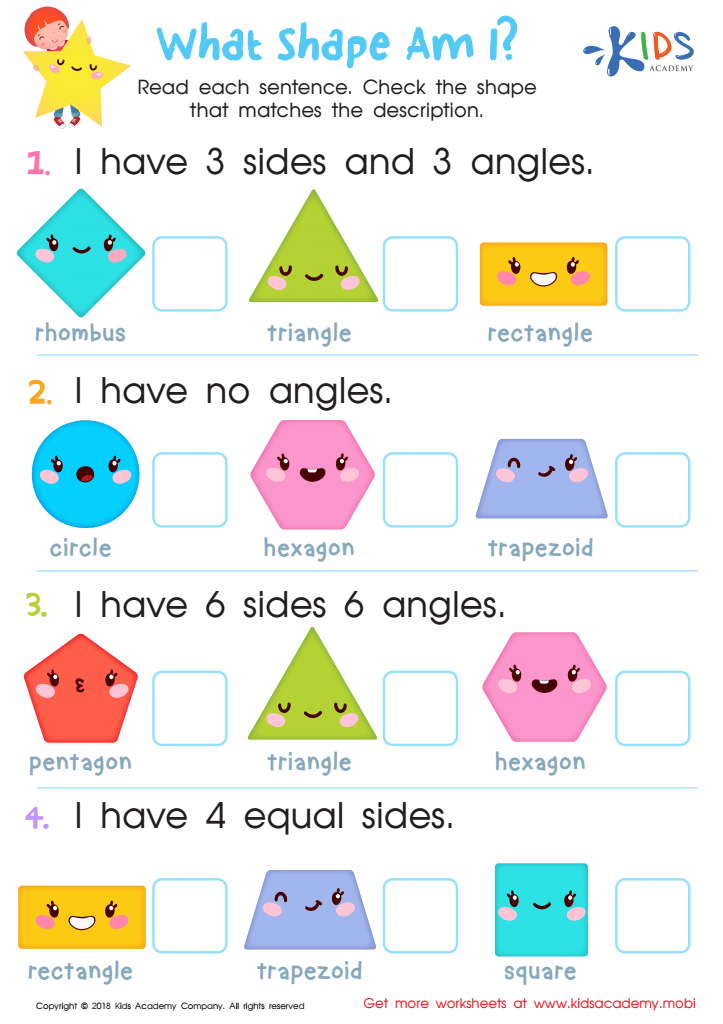

What Shape Am I? Worksheet
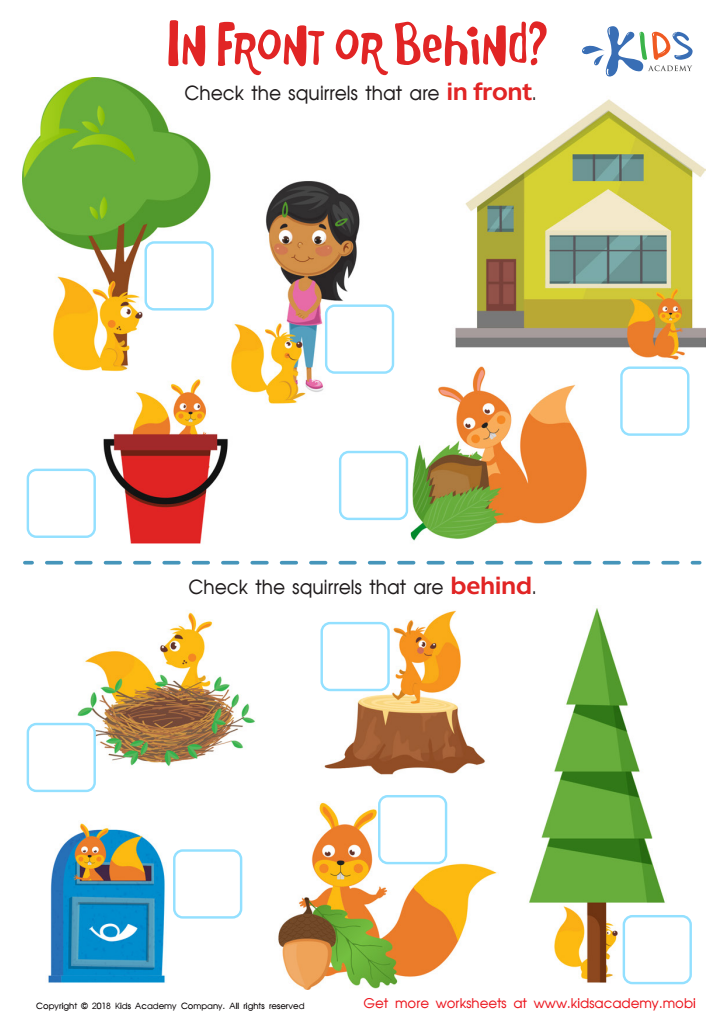

In Front or Behind: Part 2 Worksheet
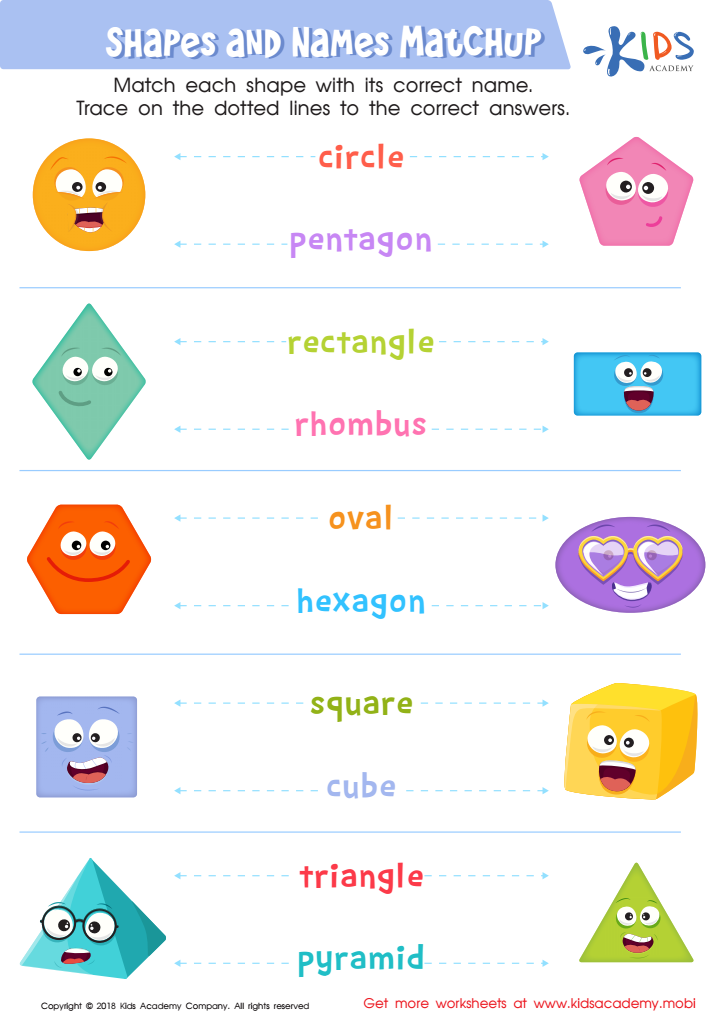

Shapes and Names Matchup Worksheet
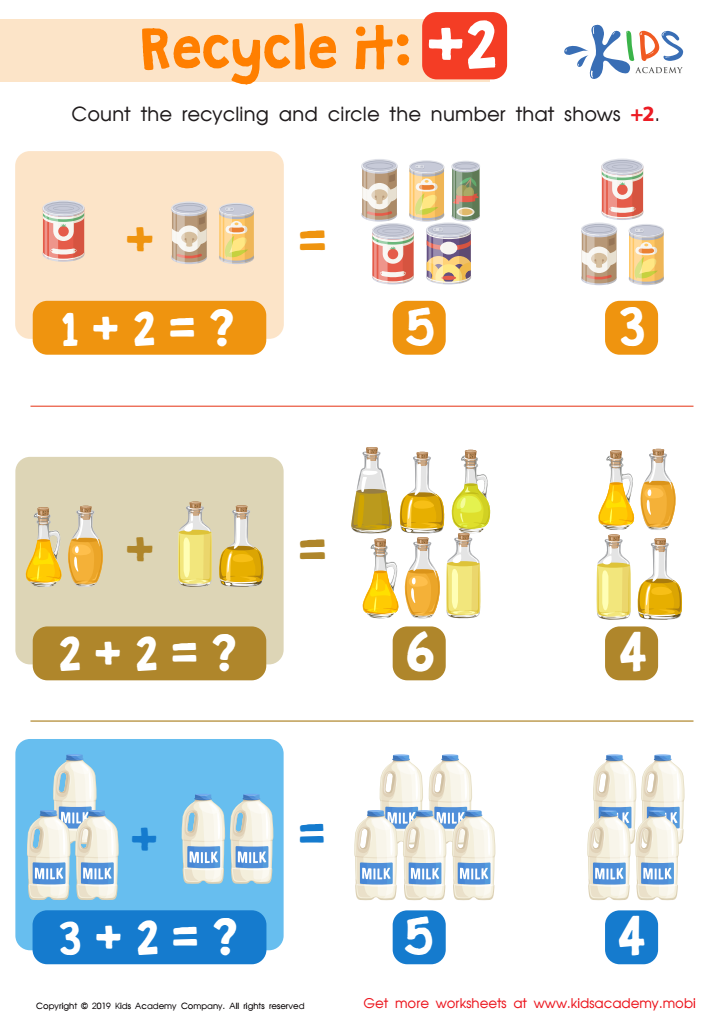

Recycle It: +2 Worksheet
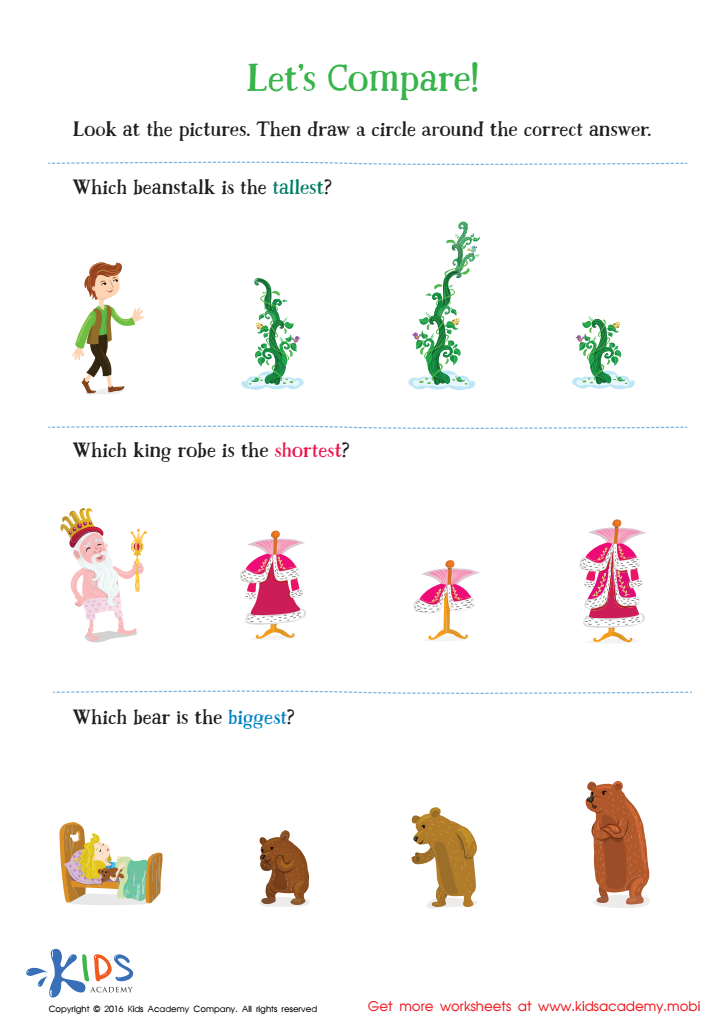

Fairy Tale Worksheet: Let's Compare
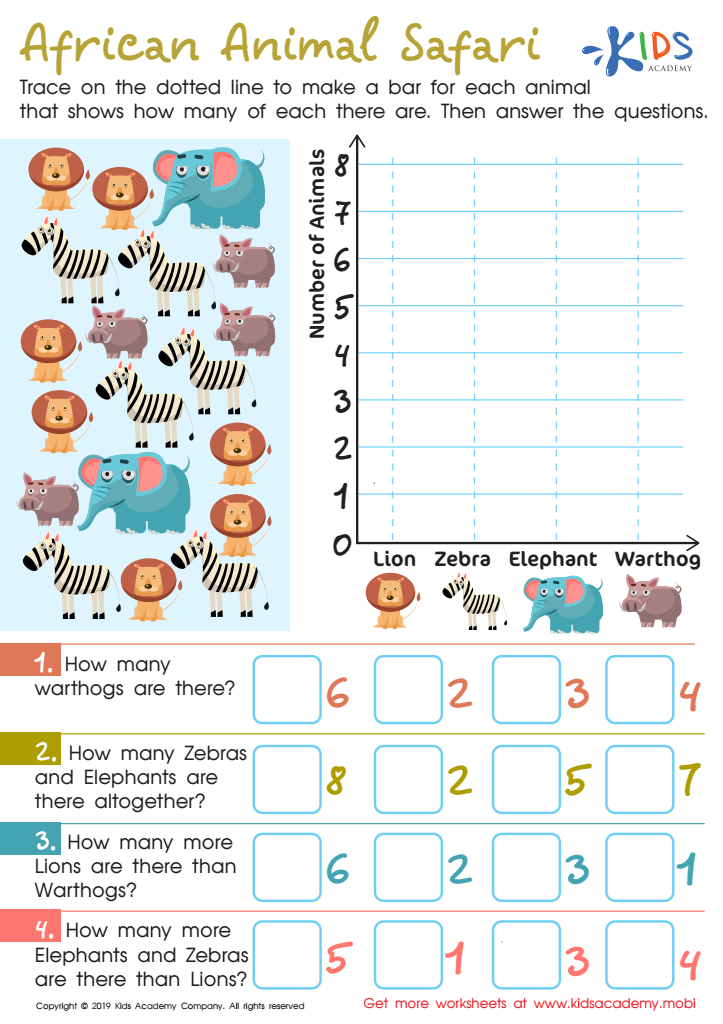

African Animal Safari Worksheet
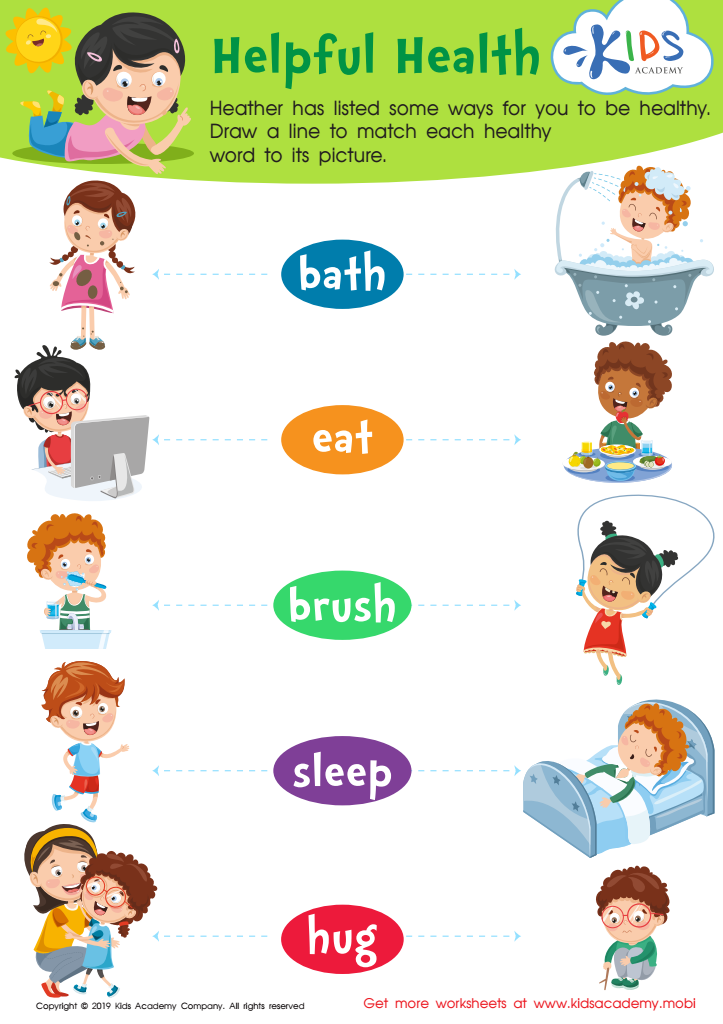

Helpful Health Worksheet
A strong foundation in vocabulary enhancement in math for ages 6-7 is essential because it supports overall cognitive development and academic success. At this early developmental stage, children are rapidly expanding their language abilities and building the groundwork for critical thinking. By integrating math vocabulary into their learning, children gain a deeper understanding of foundational mathematical concepts, making abstract ideas more tangible and accessible.
When children grasp mathematical terms like "addition," "subtraction," "equal," and "difference," they are better able to follow instructions, solve problems, and articulate their thought processes. This can lead to increased confidence and a more positive attitude towards math. Teachers and parents who emphasize math vocabulary help children develop precise communication skills, which are crucial for effective learning and collaboration.
Moreover, early exposure to math vocabulary bridges the gap between everyday language and mathematical contexts, making it easier for children to connect what they learn in school with real-world situations. This not only enhances their problem-solving abilities but also fosters a lifelong interest in math and related subjects. In summary, prioritizing math vocabulary enhancement at ages 6-7 lays a robust foundation for future academic achievements and practical life skills.

 Assign to My Students
Assign to My Students

